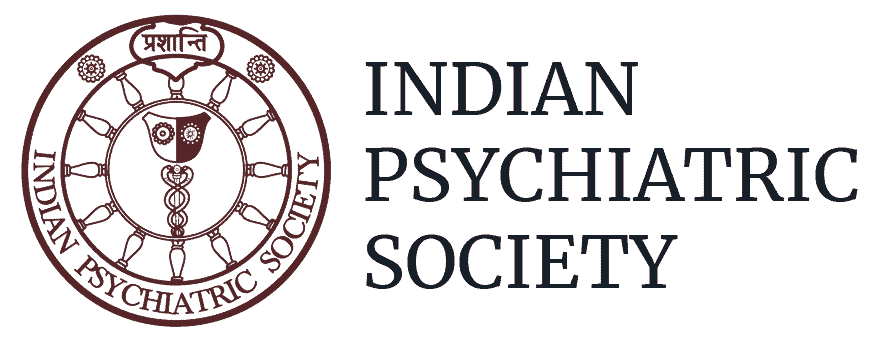
Addressing the Rehabilitation Needs of Elderly in the Indian context
Summary: This guideline provides a summary of assessment techniques and management strategies for the rehabilitation of older adults (including older adults with mental illness). The guideline discusses various models of disability, impairment and handicap. The strategies used may include those that reduce demands on the person (eg. mobility aids, environmental modifications, memory aids, etc) or improve the capacity (eg. adequate treatment, analgesia, joint replacement, etc). The roles of various personnel, including Clinical psychologist, Nutrition therapist or dietician, Physiotherapist, Occupational therapist, Psychiatric social worker, Spiritual healer, Psychiatry nurse, Recreational therapist, Helper, and others. General measures such as maintaining routines, home modifications to be elder-friendly, and means to remain engaged with the world; along with specific measures like cognitive, motor and emotional retraining are described. The assessment should also include a consideration of the level of care (home-based or institutional). Rehabilitation settings (daycare, hospitalisation, community outreach) are described, along with policy changes that may make communities elder-friendly. the guideline also provides specific steps in the rehabiliation of individuals with mild neurocognitive deficits (MCI), and dementias. Important instruments are listed in the appendix.
Authors: S. C. Tiwari, Akanksha Sonal
Year of Publication: January-2018
Citation: Tiwari SC, Sonal A. Clinical Practice Guidelines for addressing the Rehabilitation Needs of Elderly in the Indian context. Indian J Psychiatry. 2018 Feb;60(Suppl 3):S410Ð25.
IJP Article Link
The IPS Archive
All notices & announcement of the IPS are now archived for future reference and are availabe in a searchable format for registered members of the society.


